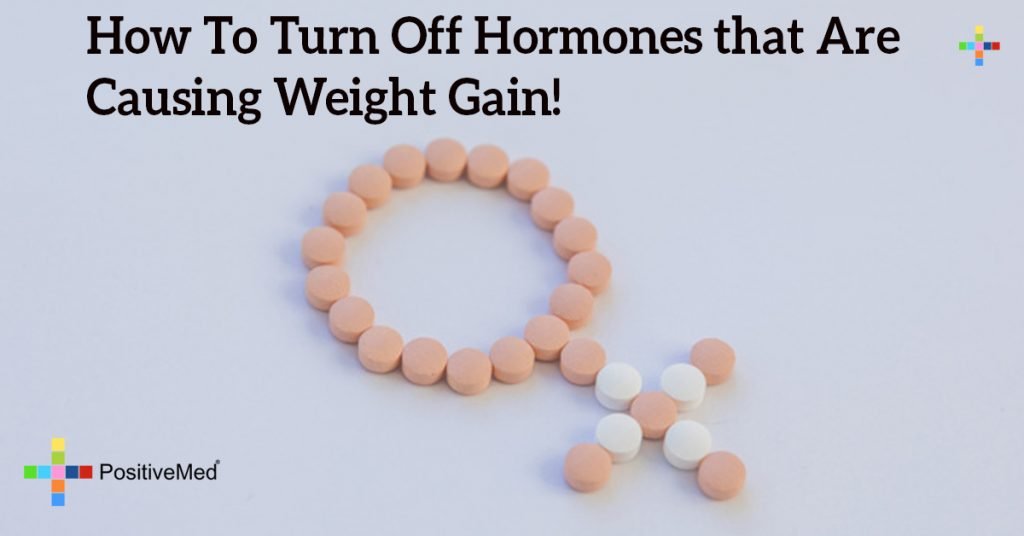
How To Turn Off Hormones that Are Causing Weight Gain!
For years it has been ingrained in our minds that issues regarding weight have to do primarily with exercising habits and calorie intake. However, new studies are beginning to surface, revealing that being overweight is often linked to our hormones acting up. Here are some of the reasons you can’t seem to shed those extra pounds and what to do about it.
It is generally well known that thyroid imbalances can contribute to weight gain. People with an underactive thyroid possess an extremely low metabolic rate. The metabolism will continue to slow in this case regardless of whether you decrease the amount of calories you consume. If you are experiencing this problem, it is best to contact a medical practitioner who may prescribe you beneficial supplements to help reverse these ill effects.
RELATED ARTICLE: Trouble Losing Weight? How to Reset Your Hormone levels?
Leptin is another hormone infamous for causing weight problems. Leptin is regularly released while eating as a signal to your brain that you are full. However, when you consume too much fructose sugar, most often found in fruits and processed foods, your body converts that sugar into fats. When high amounts of fats are present in the body, leptin levels increase and the hormone fails to perform as intended. Therefore, your brain does not register when it is full and you continue to eat. Try not to exceed your recommended five servings of fruits, and cut down on processed foods, in order to lower your leptin levels.

Cortisol is a stress hormone that is prone to rising and converting blood sugar into fat. This fat is then stored for the long term thanks to our ancestors who benefited from cortisol when famine struck. It is relatively simple to lower cortisol levels by reducing stress. Certain exercises, such as planking, stretching, push-ups and even walking can help you lead a stress-free life. Another common catalyst for this issue is overconsumption of coffee which drastically increases the hormone. Abstain from that popular beverage as well and you can begin losing weight in no time.
RELATED ARTICLE: The Best Ways to Activate Your Fat Burning Hormones
Estrogen, while capable of keeping you lean by regulating insulin production, may also prove to be the cause of your weight problems. When your estrogen levels rise, you may experience insulin resistance. This condition increases the amount of sugar in your bloodstream and stores glucose in your body as expanding fat tissue. Inadequate consumption of fiber can lead to excess estrogen. Eating less meat, which also contains toxins that behave like estrogen, can help solve this problem.
Finally, testosterone is often overwhelmed by estrogen levels in the body. Each day, we are exposed to various toxins. These toxins lurk in the food we eat, the beauty products we use, even in the very air we breathe. When absorbed into the body, they behave as estrogen does. When your estrogen levels begin to far surpass your testosterone levels, it negatively impacts the muscle development that supports your metabolism. Low metabolic rates, of course, play a large role in weight gain.
So, which hormones have been interfering with your weight loss routine?





